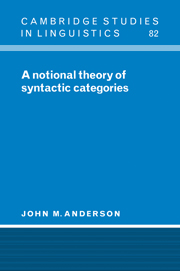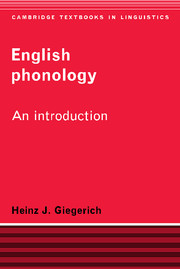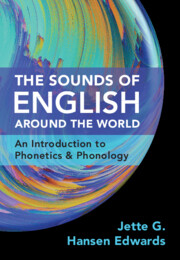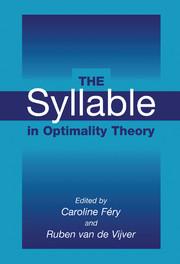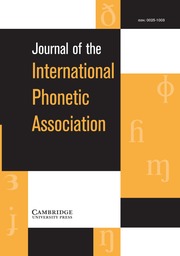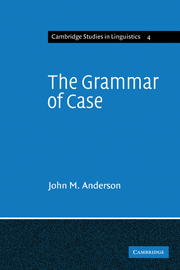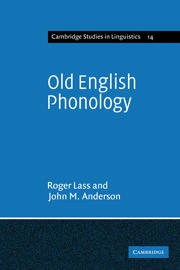A Notional Theory of Syntactic Categories
This book presents an innovative theory of syntactic categories and the lexical classes they define. It revives the traditional idea that these are to be distinguished notionally (semantically). It allows for there to be peripheral members of a lexical class which may not obviously conform to the general definition. The author proposes a notation based on semantic features which accounts for the syntactic behaviour of classes. The book also presents a case for considering this classification - again in rather traditional vein - to be basic to determining the syntactic structure of sentences. Syntactic structure is thus erected in a very restricted fashion, without recourse to movement or empty elements.
- Anderson is very well known, has published before in this series
- Syntax sells strongly and Anderson has good following in Europe
Product details
December 2006Paperback
9780521034210
368 pages
228 × 151 × 20 mm
0.545kg
Available
Table of Contents
- Preface
- List of abbreviations
- Part I. Prelude:
- 1. Notionalism
- 2. Analogism
- 3. Minimalism
- Part II. Fundamentals of a Notional Theory:
- 4. Syntactic categories and notional features
- 5. Relations between elements
- 6. Further categories: the role of feature dependencies
- 7. Markedness and category continuity
- 8. Cross-classification
- 9. Gradience and second-order categories
- 10. Secondary categories
- 11. Non-complements
- Part III. The Syntax of Categories:
- 12. Verbal valencies
- 13. The content of the functor category
- 14. The basic syntax of predications
- 15. The formation of ditransitives
- 16. Variation in argument structure
- 17. Verbals as arguments
- 18. The structure of primary arguments
- References, Index.

